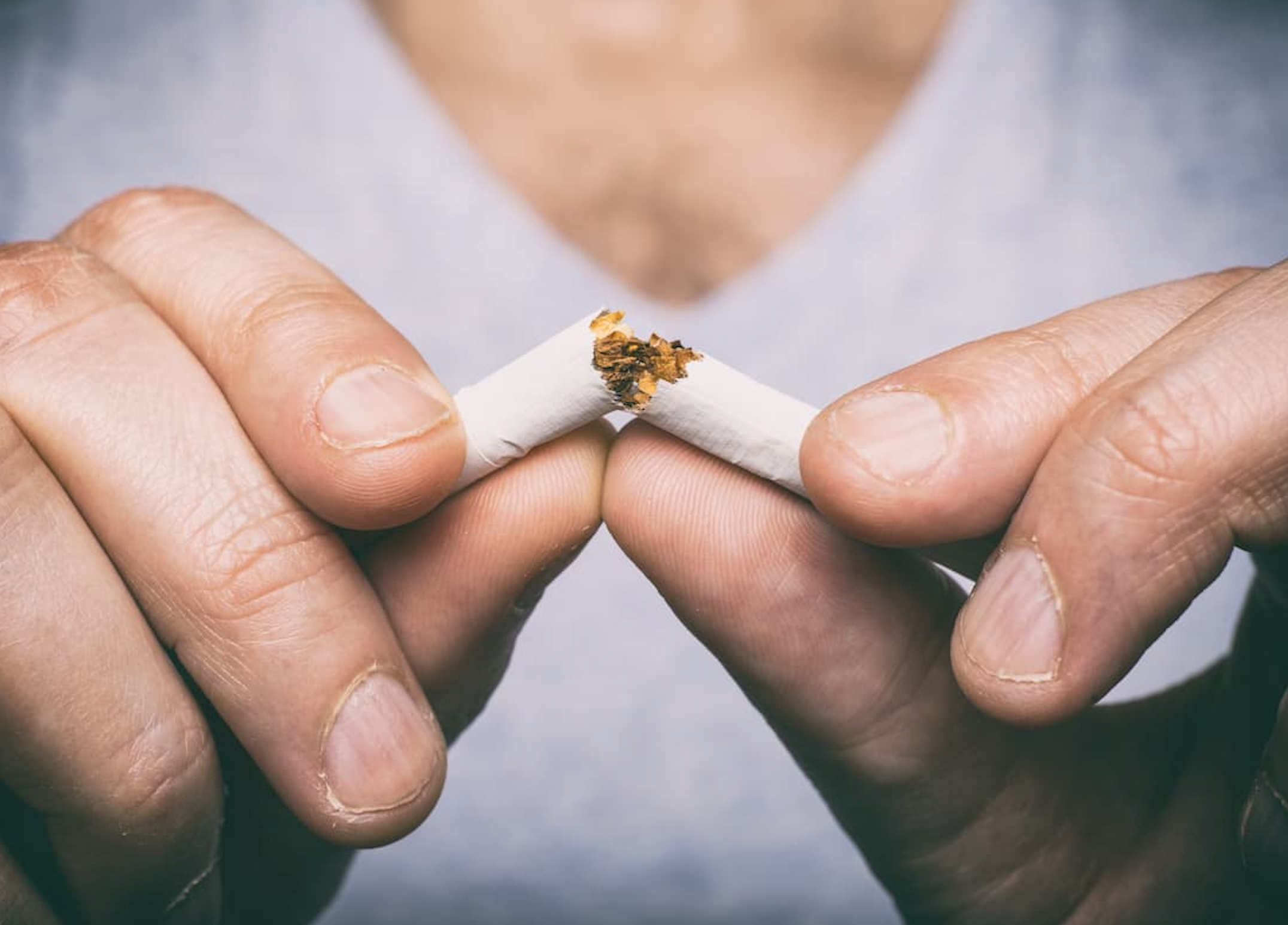
Are Packaged Foods Increasing Your Lung Cancer Risk?
A new study finds that diets high in ultraprocessed foods may significantly raise the risk of lung cancer.
By
Lana Pine| Published on July 30, 2025
4 min read
A new study has found that eating more ultraprocessed foods (UPFs), including packaged snacks, frozen meals, sugary drinks and fast food, may increase your risk of developing lung cancer, even after accounting for smoking, age and overall diet quality.
Although smoking is the primary cause of lung cancer — the most frequently diagnosed cancer in the world — diet has also been recognized as a driving factor in the development of chronic diseases. Some research has indicated the increase in UPF consumption is directly linked to the rise in obesity, cardiovascular disease, cancer, metabolic disorders and even death.
“Given the high burden of lung cancer and the growing consumption of UPF, a better characterization of UPF and lung cancer risk will have a direct impact on informing cancer control and prevention through modifying health behaviors and developing tailored primary prevention,” wrote the team of international investigators.
They analyzed data from over 101,000 adults who were part of the large Prostate, Lung, Colorectal and Ovarian (PLCO) Cancer Screening Trial in the U.S. Participants were aged 55 to 74 years and were placed in either the screening group or a control group between November 1993 and July 2001. Information on cancer diagnoses were collected through 2009 and mortality through 2018. Their diets were recorded using detailed food questionnaires, including the Diet History Questionnaire, a tool used to assess the frequency and portion size of food consumption during the past year. Foods were categorized as unprocessed or minimally processed, processed culinary ingredients, processed food and UPF.
The mean age of participants was 62.5 years and the mean UPF consumption was 2.8 servings a day, with the highest proportion of UPFs coming from lunch meat (11.1%) and soft drinks (7.3%). During the follow-up period, 1,706 people developed lung cancer, with the majority being non-small cell lung cancer (NSCLC), the most common type, while others developed small cell lung cancer (SCLC).
When comparing the people who ate the most UPFs with those who ate the least, the study found the following:
- A 41% higher risk of developing lung cancer overall
- A 37% higher risk of non-small cell lung cancer (NSCLC)
- A 44% higher risk of small cell lung cancer (SCLC)
These risks remained significant even after adjusting for other factors like smoking, physical activity and diet quality.
While more studies are needed to confirm these findings across different populations, this research strengthens the case for limiting ultraprocessed foods in your diet — not only for general health, but potentially for lowering cancer risk too.
While the study’s large, multicenter cohort design coupled with standardized methods for food intake and outcome assessment, investigators noted some limitations. Because it was an observational study, researchers can’t say for certain that UPFs cause lung cancer — only that there’s a link. The study adjusted for whether people smoked, but not how much or for how long, which could still influence results. Additionally, participants reported their own eating habits just once, and people’s diets can change over time or may not be reported accurately. Plus, the diet questionnaire wasn’t designed to track all ultraprocessed foods, so some were likely missed. Lastly, as most participants were White, the results may not be generalizable to people from other racial or ethnic backgrounds.
Despite these limitations, the team used strong methods to reduce error, and the results remained consistent across different types of analysis.
“Limiting trends of UPF intake globally could contribute to reducing the burden of lung cancer,” investigators concluded.

